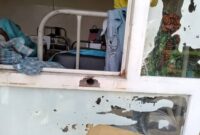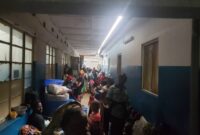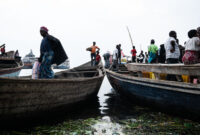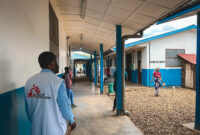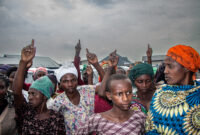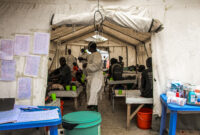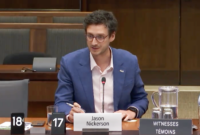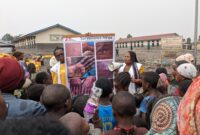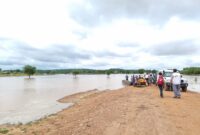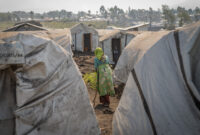‘People were dying’: Witnessing first-hand the deadly impact of measles in places with low vaccine coverage
Right now, Doctors Without Borders/Médecins Sans Frontières (MSF) is one of the few organizations on the ground responding to the world’s largest currently active outbreak of measles – which has already killed more than 6,000 people in Democratic Republic of Congo (DRC), and continues to ravage different parts of the country.
Nearly 75 per cent of those who have died in the outbreak so far are children. Measles is a highly contagious disease that remains a significant cause of death among children under the age of five around the world – even though a safe and highly effective vaccine has long been available.
In Canada, decades of routine vaccinations have contributed to a high level of public immunity, making cases of measles in this country relatively rare, and reducing the potential for transmission. But in parts of the world where access to essential medicines is limited — from DRC to Rohingya refugee camps in Bangladesh — measles remains a deadly threat. There is no specific treatment for measles, which is why vaccination efforts are so critical to saving lives.
‘It was not like anything we see in Canada’
“Vaccine coverage has to be 90 to 95 per cent to have sufficient immunity for the population, so if it’s less than that it becomes a huge challenge,” says Samia Badar, an epidemiologist from Ottawa who recently returned from helping MSF respond to a different measles outbreak, this one in the central African country of Chad.
In Canada, Badar worked in emergency preparedness and response for the Public Health Agency of Canada, helping to prepare for potential public health emergencies. In Chad, she witnessed such an emergency first-hand.
“MSF carried out initial evaluations in places where cases were being reported, to see about numbers,” she recalls. “There are specific thresholds that indicate when there is an alert, and these are triggers for launching an emergency intervention. And the number of cases we saw were much higher than that.”
“I was very surprised,” Badar says. “It was not like anything we see in Canada. Here, measles is not eradicated but our vaccine coverage is high. But in many places, the health system does not have the supplies needed.”
Badar and her MSF colleagues were able to help bring the outbreak in Chad under control, providing case management and launching vaccination campaigns. But she says that in low-income countries like Chad and DRC, which struggle to vaccinate their populations – especially in remote and hard-to-reach areas – measles remains a deadly reality.
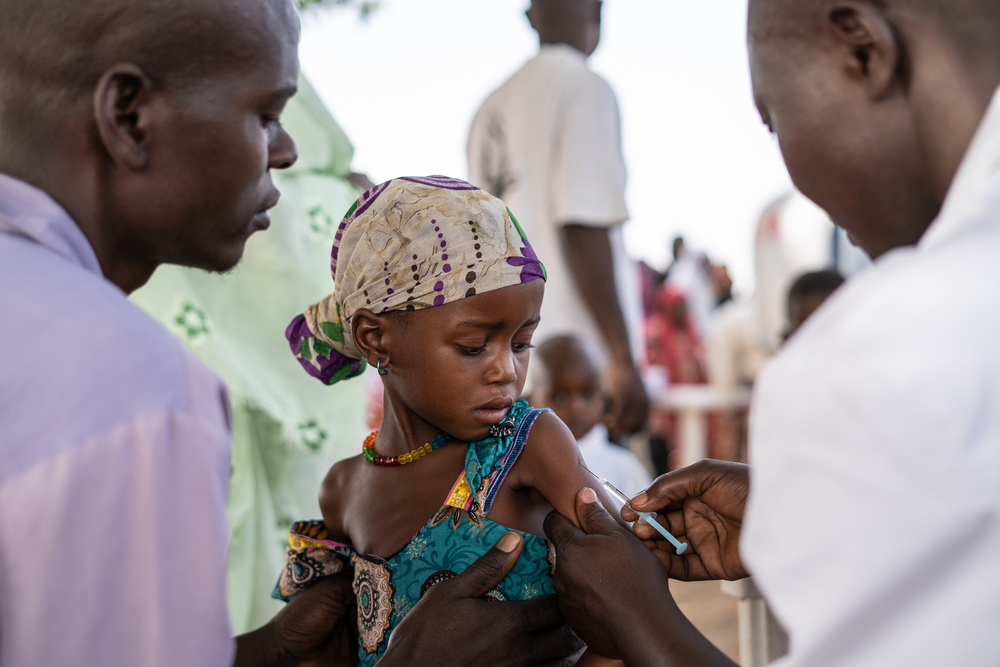
‘The health system didn’t have the resources needed’
“Measles is highly contagious, it can reach a lot of people and it can be spread very easily,” she says. “We have to intervene when the outbreak reaches the peak, because if we don’t the disease will spread, especially to children or other persons with compromised immune systems. When there is also malnutrition, people are particularly vulnerable.”
Badar says that seeing how quickly measles can spread in an area where vaccine coverage is low and resources are limited was deeply concerning. “I was very worried,” she says of her initial reaction to what she saw in Chad. “People were getting very sick, people were dying. And the health system didn’t have the resources they needed.”
Badar says that’s why MSF’s presence remains critical when outbreaks occur in places like Chad. “I was grateful that we were there. We have the capacity, we have the equipment, and MSF can respond to these emergency situations.”
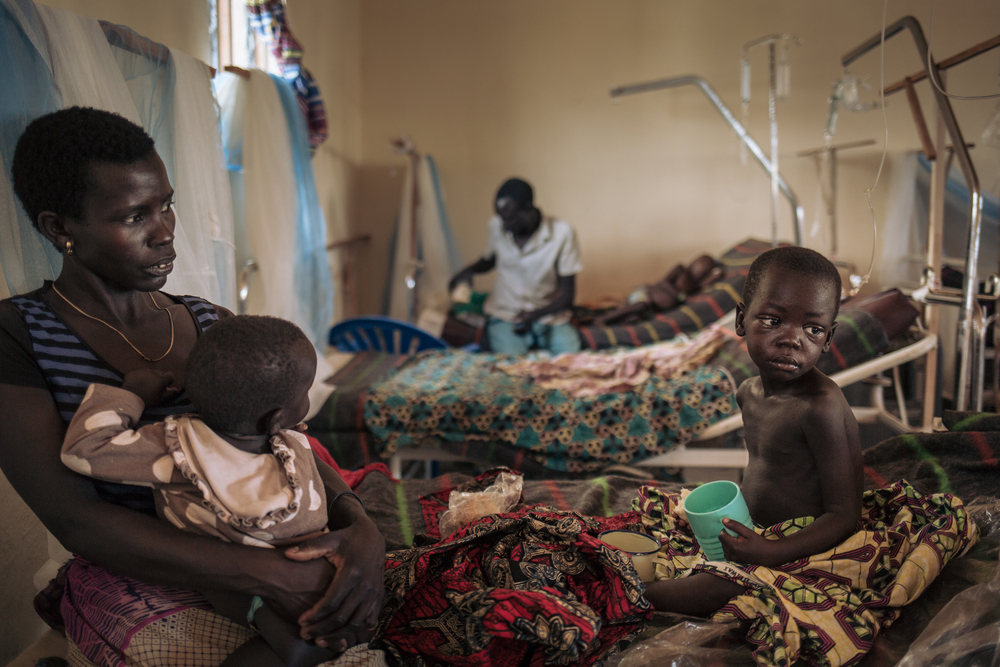
More response is needed to save lives
In DRC, MSF has been active in patient care, vaccination campaigns and surveillance activities to identify new areas of the epidemic and start the intervention as early as possible. We have also set up dedicated treatment facilities and a laboratory in Lumbubashi, in the country’s southeast, to ensure a faster and more effective turnaround for lab analyses.
But as in Chad, DRC is a large country with many areas that are difficult to access, and where vaccination coverage remains dangerously low. It is also affected by active conflict, poverty and other humanitarian crises, including the country’s largest ever Ebola outbreak, which is still ongoing. Efforts to stop the measles epidemic will require more than MSF’s presence alone.
“If we want to contain the outbreak, it is imperative to strengthen the response, and to do it immediately,” Karel Janssens, MSF’s head of mission in DRC, said recently.
“While a rapid and adapted response is critical to limiting the impact of measles in communities, on the ground we note the absence of actors – and a flagrant lack of much-needed assistance.”

rong>


